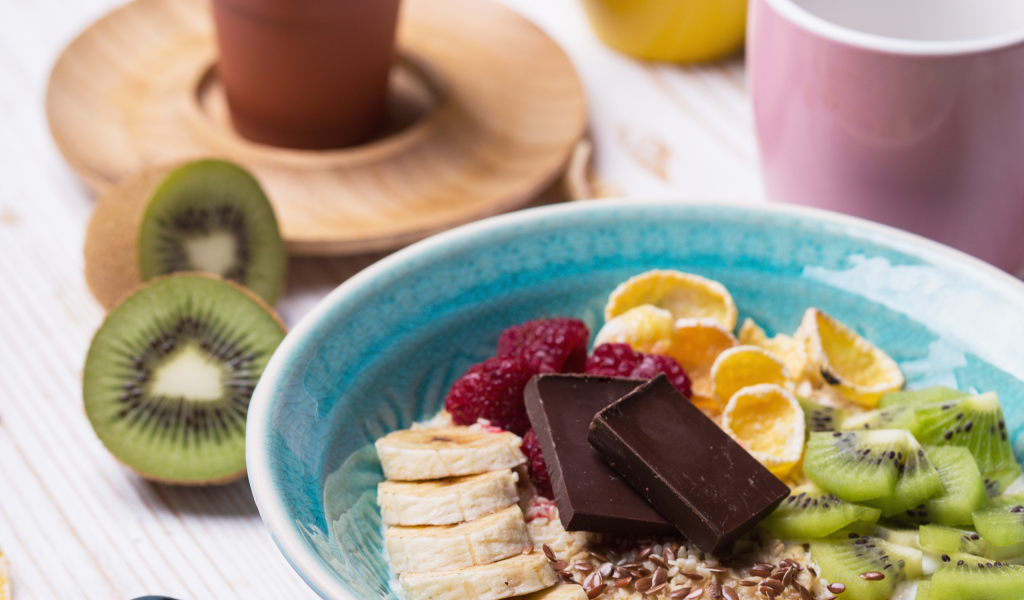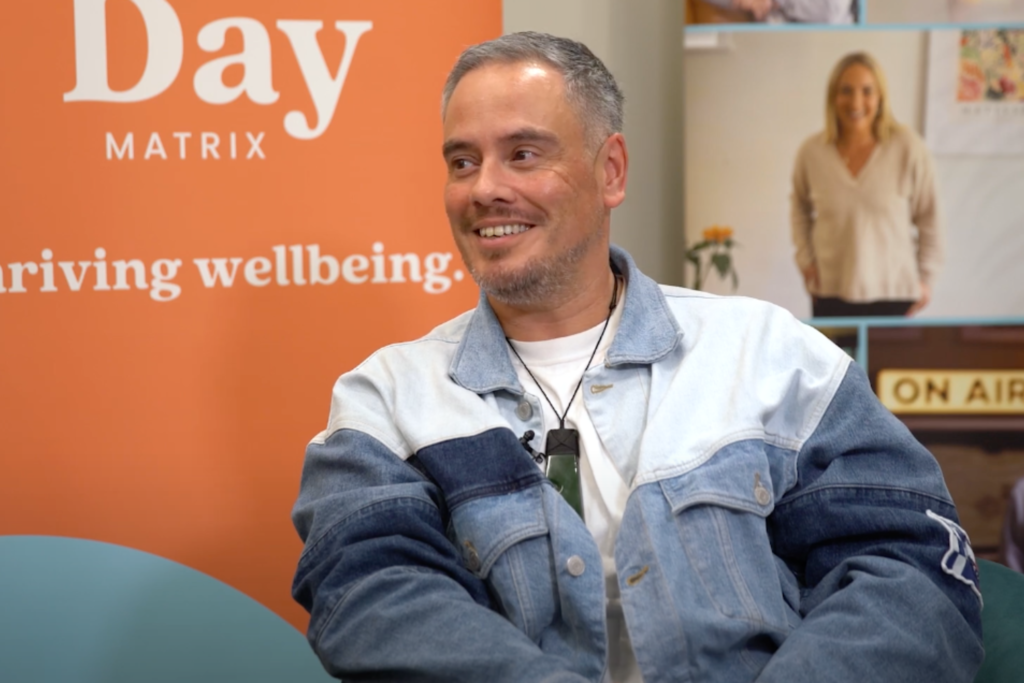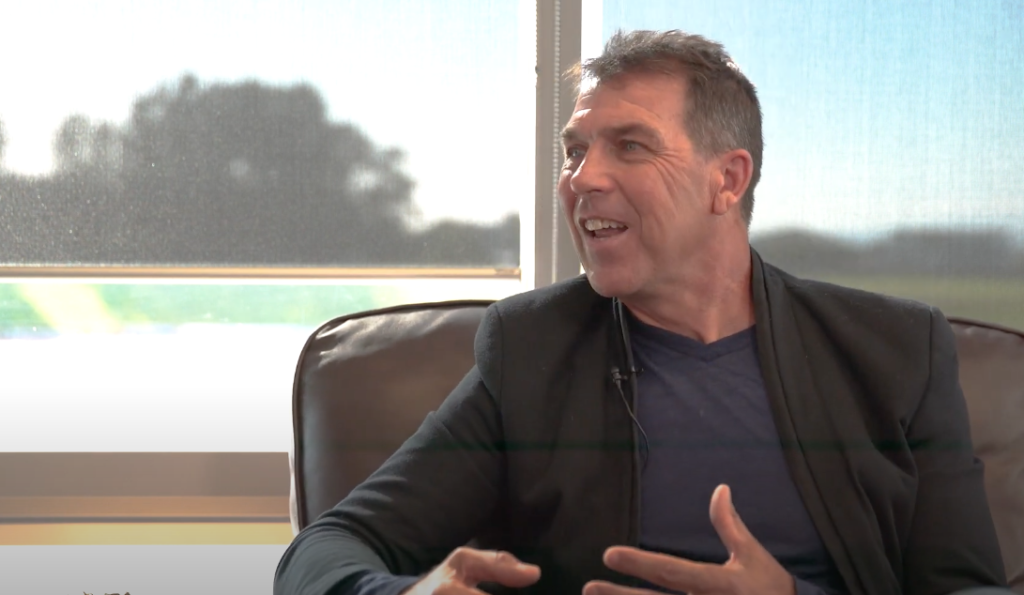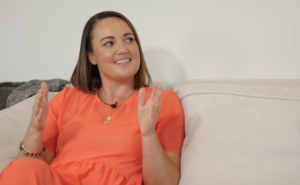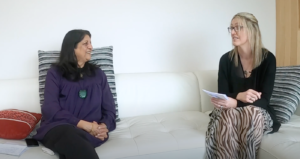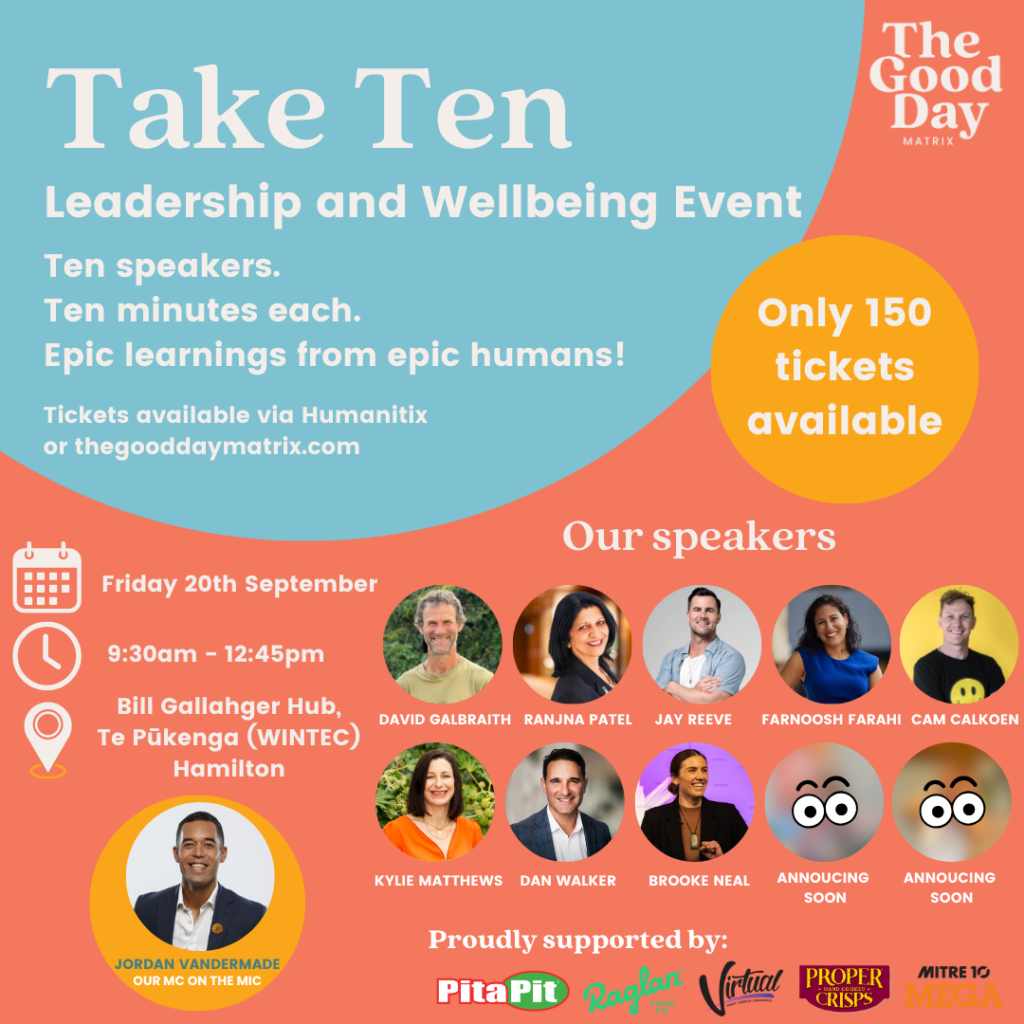Written by Dietician Sarah
A brilliant blog LOADED with epic advice, ultimately just take it one step at a time!
Health, weight loss, diets, good foods, bad foods, calorie counting, nutrition; these words are everywhere we look. Today, social media is a powerful tool that shows us everyone’s latest fad diet, weight loss tips and tricks, what we should be eating, what’s good, what’s not. There’s so much information to take in and quite frankly it can all become a bit too much.
Why ditch the diet?
Diets can become very overwhelming and people can become fixated on their food, what they’re eating, strict meal plans and labelling foods as good and bad.
Are there good foods and bad foods? No! Let’s try to step away from labelling foods.
I’m not disputing the fact that there are foods that are unhealthier than others and should be kept to a minimum, but labelling food as bad inevitably leads to feelings of guilt associated when we do happen to eat them. Rather, it’s important to enjoy a range of foods and know that some foods are treat foods and therefore do not need to be eaten in large amounts (e.g. chocolate) and there are other foods that are important for our health, good for us and should be eaten in large amounts (e.g. fruit and vegetables).
What message are we sending our children if we are forever talking about bad foods? It’s associating these foods with negative connotations and we should be trying to teach them about the foods that fuel our body and keep us healthy and those foods that should be kept for special occasions or sometimes foods.
Unique journeys
A weight loss journey or journey to health is not a one size fits all, and what works for one person will not be the same for another. How many of you (or people you know) have embarked on a diet? It sounds great, seems easy enough, eat the foods that are suggested, do some exercise and boom, weight is gone! But what happens when you make a slip-up, you eat a so-called ‘bad’ food, a food not included in your meal plan?
Are there feelings of guilt associated with this? Do you think, what the heck, I’ve ruined it for today, I’ll start again tomorrow (or next week because you might as well write the rest of the week off)?
This can become a vicious cycle that can see diet after diet tried in an attempt to shift that unwanted weight.
So what is the magic secret to losing weight?
Unfortunately, there is no magic quick fix or the like, it all comes down to lifestyle changes and a very simple equation of energy in = energy out.
What this means is that the energy you consume, as in the foods that you eat needs to equal the energy output, as in the energy that we use to keep us alive and exercise. This will keep your weight stable.
In order to lose weight the equation needs to be slightly unbalanced so that the energy out is greater than the energy in (think of a set of old-fashioned weighing scales). This is called creating an energy or calorie deficit. Now this doesn’t mean that you need to start calculating your calorie intake and calories expended, it is about looking at the overall picture and adopting some lifestyle changes that will work towards making a healthier you.
These changes do not need to be a complete overhaul of your diet, or working off a strict meal plan; rather working at a few things at a time, making them habitual and part of your routine and then moving on to something else. Everyone is at different stages in their journey towards becoming healthier and possibly trying to lose some weight therefore some people will be able to tackle a few changes at a time. Compare this to someone else who may only be in the headspace at the moment to tackle one thing. And do you know what, that’s ok! Even one little change is better than nothing and needs to be commended.
Whilst on the subject of losing weight, try to move away from becoming fixated on the scales. The numbers on the scales are one thing but in order to be healthy it’s also how you feel overall. Have you been working out, eating better but are yet to see a change in the scales? Don’t give up as there may be other signs such as your clothes fitting better, less huffing and puffing or a more positive mindset towards what you are doing… These are all signs of better lifestyle changes.
What are some steps you can take towards making a healthier you?
This is not a complete list and lifestyle changes will look different for different people; these are some of the common ones I see when working with people.
Portion sizes.
It all comes back to “everything in moderation”. Looking at portion sizes can apply to our everyday foods as well as our treat or sometimes foods. It’s no secret that portions can be rather large (dinner plates at home or the large portions at restaurants or takeaway meals).
We should be trying to model our plates on a healthy plate model whereby half of your plate is filled with non-starchy vegetables (raw and/ or cooked vegetables), a quarter of the plate with carbohydrates (potatoes, kumara, pasta, rice, bread, noodles etc.) and the final quarter, protein (meat, chicken, fish, eggs, tofu etc.).
If your dinner plate does not look like this, don’t rush in and completely overhaul it; gradually make some changes. If your vegetable portion is looking a bit light, try adding in one extra vegetable or an extra spoonful on your plate each night to get it closer to that half a plate. The same goes with the rest of the plate, you may love mashed potato but try and serve half a spoonful less each night and slowly work your way down to it being a quarter of your plate. Every little step counts!
In regards to treat foods, think about the portions of these. It’s ok to enjoy them from time to time but having a smaller portion still gives you the satisfaction without the extra calories.
Another handy tip for portion sizes is to use a smaller-sized dinner plate. Dinner plates have dramatically increased in size over the years and it seems the fashion is a rather large-sized plate. They look great but the problem we can run into is trying to fill that dinner plate right up because we eat with our eyes and often our eyes feel that that measly portion you have dished up is in no way going to fill you up. Serving your meal on a smaller dinner plate (check out your local op shops for some old-school china plates) will satisfy our eyes and our tummies.
Regular meals.
Falling into the habit of grazing throughout the day can lead you to consume more calories overall. Instead, try to set regular meals and only if you’re hungry, have a snack between your meals. If you need to snack try and make it count. Snacks are a great way to get your 5+ a day in, vege sticks and hummus, tomato on crackers, fruit etc. are all great options.
Eat mindfully.
Think about what you’re eating, how you’re eating and really enjoy it. Often meal times can lead to us inhaling our food in an attempt to get on with the next job or sort out the kids who are acting up during meal times or wolfing down a meal before it goes cold. I know all of this is hard as a busy parent but eating quickly does not give our gut time to let our brain know that we’ve had enough food.
Preparation.
Think about what you’re going to cook at the start of the day so you can pull meat from the freezer or get what you need on the way home from work rather than getting to 5pm, having nothing prepared and grabbing takeaways. Try and take lunch to work so you’re not needing to buy lunch. I acknowledge there are healthy choices for bought lunches but there are also a lot of tempting treats when buying lunch. Pack snacks so if you do get hungry throughout the day you have something ready to go.
Be mindful of fluids.
Glasses of juice, fizzy drink, alcohol, flat whites etc. all add up. With the exception of your milky coffee all provide empty calories meaning that they contribute to your total energy intake but don’t provide much else in the way of nutrients (like I said a milky coffee has the bonus of calcium and protein, however these too can add up especially if you’re having a couple a day). Swap out a fizzy drink for sparkling water, add some lemon or lime juice or a slice of fruit to change up the taste of your regular water. If you’re having a few glasses of wine or beer most evenings, try and include some alcohol free nights or alternate drinks with a sparkling water.
Exercise.
Exercise burns energy, therefore this will help to create that calorie deficit. Try and include an extra HIIT or Yoga session each week or head out for a walk, even if it is only around the block. Touch base with your friends to get them to rally with you. Incidental exercise counts as well so see if you can incorporate extra exercise into your day where possible. Park the car a little bit further away at school pick up to get in some extra steps and miss the mayhem that is pick up time (pack scooters for the kids if you’ve got whiners like mine). Try and take the stairs instead of lifts where possible. Again, every little bit counts!
Small changes, best results
So, with that, try not to jump into that latest fad diet being marketed on social media or the one that everyone at work is trying. Making small changes that become a part of your lifestyle and eventually become second nature to you is the best way. Our food choices should be made up of lots of vegetables and fruit, whole grains and protein sources whether that be meat, chicken, fish, legumes or eggs. Include dairy or dairy alternatives as well as healthy fats such as nuts and seeds and cook with olive oil or other healthy plant-based fats but know that sometimes some foods taste better with a little bit of butter and that is ok. Changing this mindset to eating healthy foods most of the time will hopefully minimise the guilt that is prone to creep in if you do have a treat.
Michael Pollen says “Eat food. Not too much. Mostly plants”! Great advice and something that is simple to live by.
Sarah x

